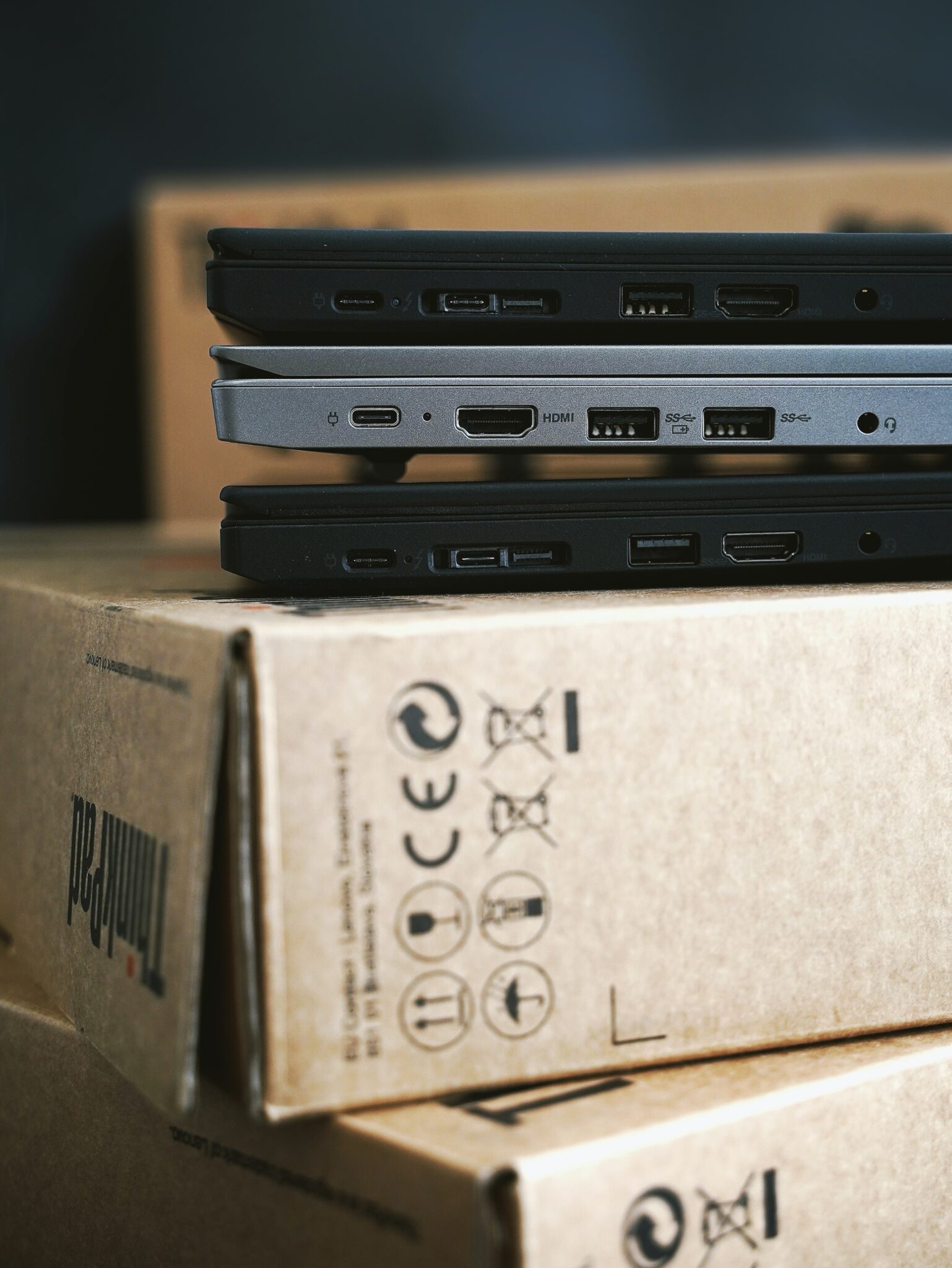
It’s a new-age question: what to do with old electronics? Electronic waste, also known as e-waste, is considered to be one of the leading sources of toxic waste in the United States. As technology use continues to increase, more and more people are buying and discarding smartphones, computers, tablets, and other devices.
The amount of global e-waste generation was expected to exceed 50 million tons by 2020 and is expected to grow by 8% each year, according to studies done by the United Nations University. There have been legal regulations put in place for several states in the U.S. when it comes to recycling electronics, but regardless of where you live, there are still safe options to do so.
If you find yourself wondering what to do with old electronics, keep reading as we answer some of the most commonly asked questions below.
What is considered e-waste?
E-waste includes any equipment that has electronic components with a battery or power supply, such as the following:
- Computers
- DVD/Blu-Ray players
- Home appliances (refrigerators, freezers, air conditioners, washing machines, dishwashers, and electric stoves)
- Laptops
- Lamps
- Microwaves
- Monitors
- Printers/copiers
- Routers and modems
- Smartphones
- Tablets
- Televisions
- Vacuum cleaners
How does e-waste impact the environment?
Electronics contain toxic substances, such as mercury, lead, arsenic, and cadmium, that can be detrimental to both people and the environment. If not disposed of properly, toxic particles can enter the air and be breathed in by individuals, poison trees and plants, and contaminate waterways.
Not only that, but there is a vast amount of energy that could be cultivated from this waste. According to the U.S. Environmental Protection Agency (EPA), the energy that could be saved by recycling 1 million laptops could power more than 3,600 homes in a year.
What should I do before I get rid of electronic devices?
If you are disposing of a device with personal information, such as a computer, digital camera, or smartphone, make sure you back up anything you want to keep. This could include photos, contacts, or other documents. Using a cloud-based service can help you store that information for transfer over to your new device. Being mindful of personal data can help prevent identity theft and other data breaches. Once you have everything you want to wipe off your device, perform a factory reset. Otherwise, your electronic device should be all set to donate or recycle!
How do you dispose of electronics as a household?
As a household, you are likely disposing of small amounts of electronics – an old smartphone that has since been replaced, a computer that no longer works. If this is the case, you have a few options for proper e-waste disposal.
Donate
There is still value to old electronic devices, even if it no longer serves a purpose in your life. There are several organizations that accept electronic donations, including Goodwill, the World Computer Exchange, Human-I-T, and many others.
Repair
Try to reuse old devices if you can! There are many electronic specialists out there who can fix your devices, which ends up being cheaper than a replacement and is better for the environment.
Recycle
Many times, the product’s manufacturer will take back an old device and recycle them free of charge. Oftentimes, they will even give you a credit towards buying a new device if you recycle with them. Doing a little research can go a long way when it comes to recycling your outdated or broken electronics!
How do companies recycle or dispose of electronics?
If you’re an organization or business, you may have a large number of electronics that you need to dispose of and cannot be easily transported. Reaching out to a waste management and disposal company that specialized in hazardous e-waste can help you determine the best course of action. You can rest assured that a certified hazardous waste company will understand the regulations that need to be met, helping you prevent any fines or legal action from state and federal legislation. They can also get you set up with a regular schedule for disposal to ensure you’re being responsible and fully compliant in the future.
Contact MLI Environmental
At MLI Environmental, we offer a vast selection of hazardous waste services, with the capability to handle waste streams from bulk solvent waste to recycling old electronics. Our expertise allows us to identify hazardous waste and ensure it’s managed according to state and federal regulations.
For more information about our electronic waste management services, please request a quote today!
